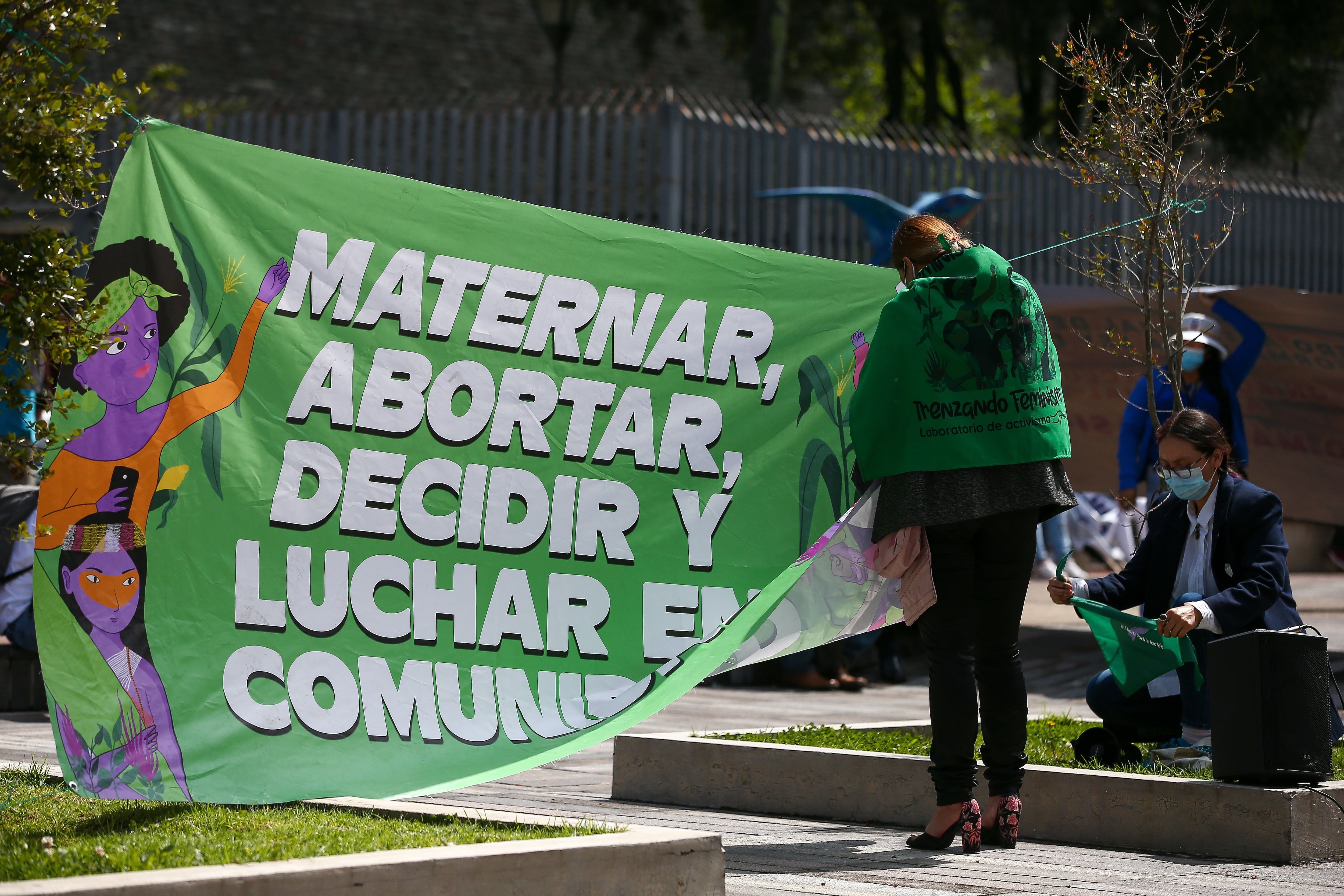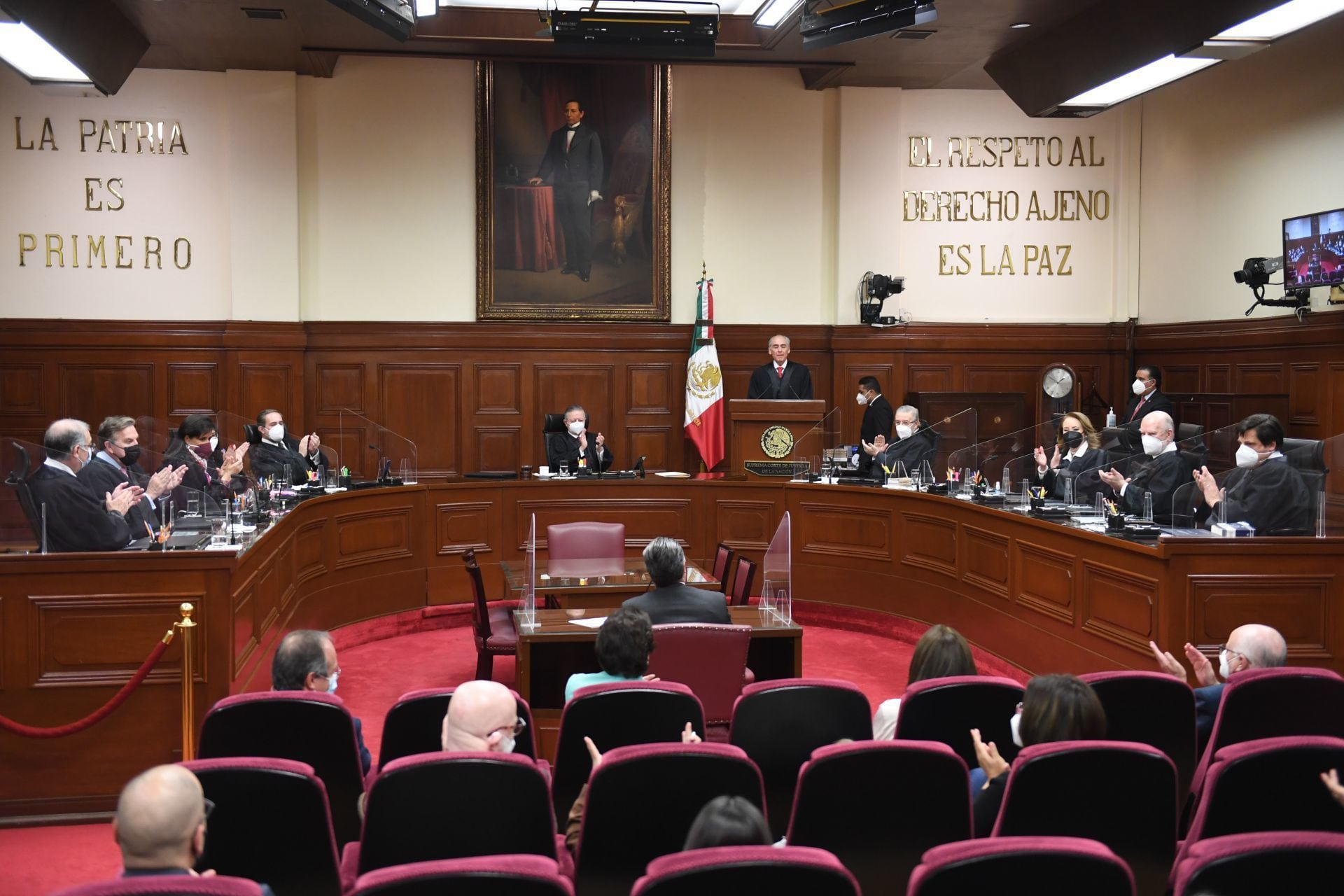
This Tuesday, March 22, the reform of Article 10 of the General Health Law, which regulates the conscientious objection of medical personnel in public health institutes in Mexico, is discussed within the Health Commission of the Chamber of Deputies. Thus, the importance of this initiative could have direct interference with the population in order to be able to exercise their legitimate right to health.
Until now, conscientious objection is understood as the right to which medical and nursing personnel of the National Health System can appeal to “excuse themselves from participating in the provision of health services”. This may not be called when “the life of the patient is put at risk or is a medical emergency” and it is established that the exercise of such emergency” will not result in any type of discrimination at work”.
In other words, if any doctor, doctor, nurse or whoever provides their service in the public health sector decides not to participate in any practice that they consider contrary to their individual beliefs, they may adhere to the right of conscientious objection not to provide such service. In this regard, it is necessary to contextualize that there have been cases in which doctors have decided not to participate in cases of Legal Termination of Pregnancy (ILE).

Thus, the Supreme Court of Justice of the Nation (SCJN) had to intervene and, after a series of reflections and deliberations, determined that the exercise of conscientious objection can only be manifested individually and should not affect public institutions, since they serve a greater interest that is to provide the State-approved health services to the population.
With this, it was proposed to amend Article 10 of the LGS so that conscientious objection is understood as “the individual decision taken by professional and nursing medical personnel attached to the National Health System, to stop performing a medical act, legally approved and legally enforceable, considering it incompatible with their fundamental convictions, moral principles or ethical conscience”.
So, in order for the population to have access to each and every one of the services that the State must guarantee in the health sector, this reform promotes various mechanisms that promote that all medical units, clinics and hospitals in the public sector have the personnel trained and willing to carry out such practices.
With regard to the social nature and the impact that this may have on the population, it is necessary to understand, for example, that the legalization of abortion reaches more and more states every day, so that this practice may extend to all of Mexico and doctors will have to perform this service to women who decide to do so whenever do not have more than 12 weeks of gestation.

In addition to this, Movimiento Ciudadano (MC), at the Congress of the Union, presented an initiative for constitutional reforms to promote death in dignity. This is because in January of this year they proposed to amend articles 4 and 73 of the Political Constitution of the United Mexican States (CPEUM) so that Congress has the power to issue the General Law on Advance Will (LGVA).
Specifically, Álvarez Máynez referred to the addition of sections XXX and XXXI to the 4th Constitution, stating that everyone has the right to exercise the anticipated will in a free, express and informed manner. To argue this addition, the deputy said that the right to a dignified life implicitly contains the right to a dignified death.
With regard to Article 73, he said that section XXXII should be created, which proposes that the General Law be issued that establishes the principles and bases to which government orders in matters of advance will must be subject.
This means that the outlining of the legal framework in the health sector, at the federal level, is emerging as a very controversial one compared to the current one. So one of the possible scenarios that health institutions will face is the possibility that their staff may not want to carry out some activities to which they are obliged, so this law anticipates this to ensure access to health services offered by the State.
KEEP READING:
Últimas Noticias
Debanhi Escobar: they secured the motel where she was found lifeless in a cistern

The oldest person in the world died at the age of 119

Macabre find in CDMX: they left a body bagged and tied in a taxi
The eagles of America will face Manchester City in a duel of legends. Here are the details

Why is it good to bring dogs out to know the world when they are puppies



